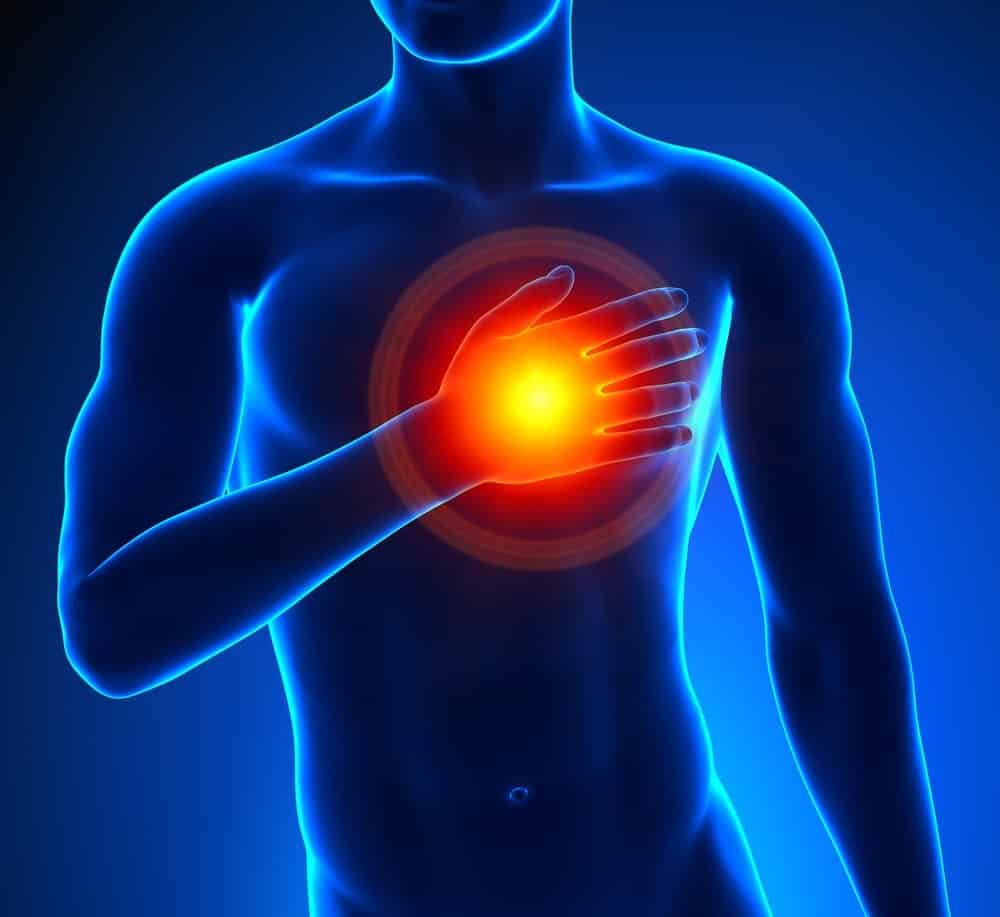Inhibition Of Hippo Pathway Found To Reverse Heart Failure
Mammalian organs vary widely in regenerative capacity. Poorly regenerative organs, such as the heart are particularly vulnerable to organ failure. Once established, heart failure commonly results in mortality.
Hippo signalling is an evolutionarily conserved pathway that controls organ size by regulating cell proliferation, apoptosis, and stem cell self renewal. In addition, dysregulation of the Hippo pathway contributes to cancer development. This kinase cascade that prevents adult cardiomyocyte proliferation and regeneration is upregulated in human heart failure.
Researchers have now discovered a previously unrecognized healing capacity of the heart. In a mouse model, they were able to reverse severe heart failure by silencing the activity of the Hippo pathway.
“Heart failure remains the leading cause of mortality from heart disease. The best current treatment for this condition is implantation of a ventricular assist device or a heart transplant, but the number of hearts available for transplant is limited,” said corresponding author Dr. James Martin, professor and Vivian L. Smith Chair in Regenerative Medicine at Baylor College of Medicine and director of the Cardiomyocyte Renewal Lab at the Texas Heart Institute.
Cardiac events cause permanent damage that leads to a risk for heart failure. A heart attack limits the amount
of blood oxygen circulating in the heart, and as a result part of the organ’s tissue dies and, eventually, scar tissue develops. That inhibits the ticker’s ability to pump blood. Prescription medications, defibrillation, surgery and transplant of a donor organ can prevent subsequent cardiac events, but these approaches are far from satisfying.After a heart attack, this hippo signalling pathway is usually highly active, preventing the muscle cells of the heart from proliferating and regenerating. The researchers hypothesized that turning off this signalling pathway would allow the heart to repair on its own.
“We designed a mouse model to mimic the human condition of advanced heart failure,” Leach said. “Once we reproduced a severe stage of injury in the mouse heart, we inhibited the Hippo pathway. After six weeks we observed that the injured hearts had recovered their pumping function to the level of the control, healthy hearts.”
The researchers induced heart attacks in lab mice in order to mimic heart failure in humans. They then used gene therapy to turn off the Hippo pathway in the animals. Using tests such as echocardiograms, the researchers monitored the mice for the following six weeks to see if their hearts would heal on their own. In time the hearts recovered full function and were able to pump blood as sufficiently as healthy hearts. The mice also had far less scar tissue on the organ, a change that allowed it to function far more effectively.
The researchers think the effect of turning Hippo off is two-fold. On one side, it induces heart muscle cells to proliferate and survive in the injured heart, and on the other side, it induces an alteration of the fibrosis.
Further studies are going to be needed to elucidate the changes observed in fibrosis.






























